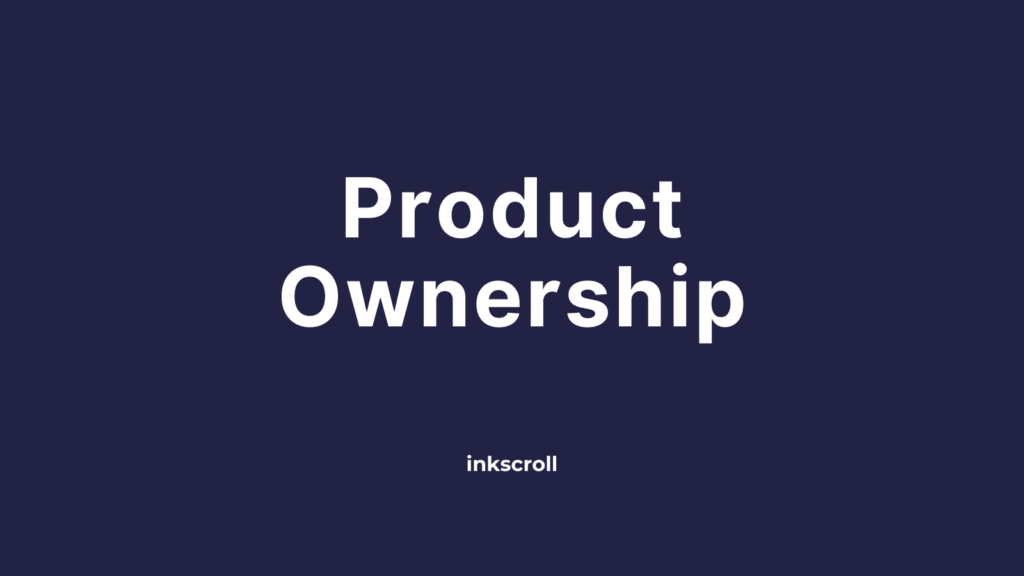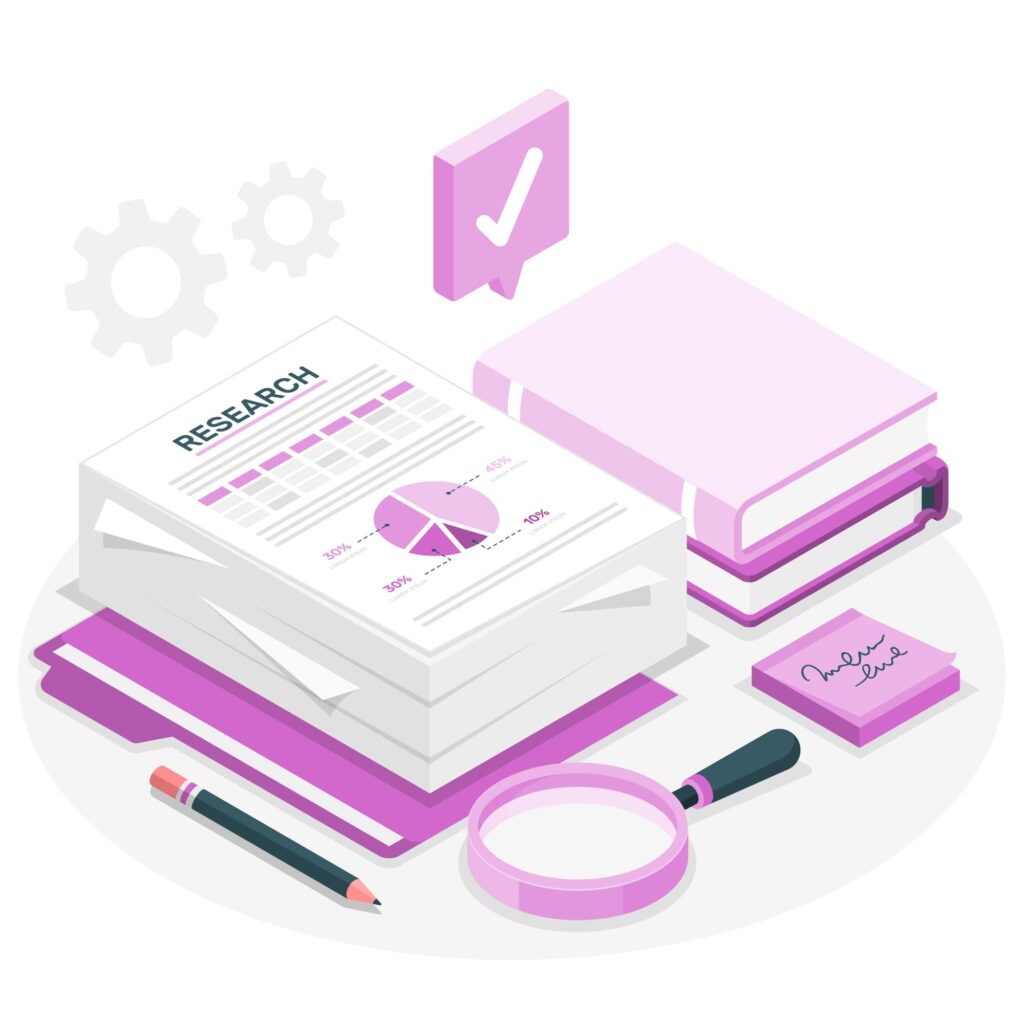Training, tests and courses are a part of life, and have been since a young age. From the early years of school grades and GCSEs, right through until the final years of your career, you will probably be taking courses. Companies and employers often demand this development of their potential employees and existing staff, but even on a personal level you should always be thinking about what course to do next.
Higher Education
There are many options available when you finish school. You could decide to take the pure academic path and go to university to get a degree, or you could go straight into employment or self employment.
If you are thinking about going into higher education, you need to think about what course you want to take – this will be the next three years or more of your life, and may set the foundation for your future career, so it’s worth taking the decision seriously and having a good think.
The actual subject you take may not end up mattering as much as you think in the long term, as many employers just like to see education to a certain level, but you can narrow down your options by thinking about the job sector that you want to go into – like health or hospitality. Once you have an idea of the sector, research all of the courses and routes to employment that are possible.
Continue to narrow down your courses and their locations until you have found your first choice, as well as a couple of backups. Register your interest for the courses or just go right ahead and apply.
Keep in mind that student fees can be high, so you should be confident that you really want to do a university course, and that it will benefit your career. If not, you could go for a diploma or apprenticeship to get trained up for a particular job area.
What Course To Do Before Employment
Finding a job can be difficult in today’s competitive marketplace. Having a degree doesn’t always automatically guarantee you entry into a particular field. With lots of hopefuls to choose from, organizations often get to pick out the employees that look most experienced or capable of handling the job – if you are fresh out of university you may not always appear ready.
You can make yourself more employable by continuing to take courses, preferably those which give you more practical experience of the situations or scenarios involved in your career. If you want a very professional or academic job then higher education may again be the best option, such as a Masters or Doctorate.
What Course To Do During Your Career
Even when you find the right job or career, you should still be thinking about hat course to do next. The learning never stops. Many employers will ask you to engage with continuous professional development, in which you will track and analyse your skills and the areas that you have room for improvement.
Once you have identified areas for improvement, you can work towards goals by choosing courses that take you in the right direction. For example, if you have been having trouble during presentations, you can opt for courses related to public speaking to gain more knowledge and experience.
With continuous process development, you never need to stop taking courses, and will place yourself as an increasingly desirable candidate for jobs and promotions.
To Recap:
- If you are just coming out of school and starting a career, consider higher education options such as diplomas and university courses. Try to pick the right course for the general direction of your career.
- Before employment you can take post-graduate courses for very professional or academic jobs, or continue to make yourself more employable by taking ‘booster’ courses or courses improving work skills.
- Even during employment you should be engaged with continuous professional development, both for your employer’s sake and for your own. Identify key areas for improvement and choose courses that can help you work towards improving weaknesses and meeting goals.

